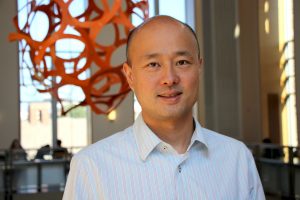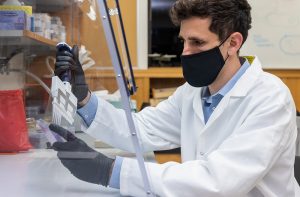Each Penn Bioengineering (BE) student’s undergraduate experience culminates in Senior Design, a two-semester capstone project in which student teams conceive, design, and develop a bioengineering project, whether a medical device, molecular biological therapeutic, or research tool. Projects are inherently interdisciplinary, and can involve biomaterials, electronics, mechanics, molecular biology, nanotechnology, and microfluidics. Research and development is supervised by BE faculty, lab staff, and graduate student TA’s and project managers, and work is conducted in the George H. Stephenson Foundation Educational Laboratory & Bio-MakerSpace (which successfully reopened for in-person activities this Spring semester).
This year’s 11 teams included the variety and innovation we’ve come to expect from our outstanding students, ranging from devices which track medical conditions, such afib and POTS, to technology responding to our post-COVID world, such as a disinfecting robot and a kit to make telemedicine more effective. The year finished with presentations to alumni judges, and BE’s annual Demo Day (the only in-person demo day on the engineering campus this year) on April 15, 2021, in which students showcased their designs to faculty.
Several teams were highlighted for awards recognition.
- Tula won the Grand Prize Award at the Weiss Tech House Senior Design Pitch competition, sponsored by Penn’s Weiss Tech House, as well as a Berkman Opportunity Fund grant from Penn Engineering. Tula’s members are Bioengineering student Shreya Parchure (BSE 2021 & MSE 2021), Mechanical Engineering student Miriam Glickman (BSE 2021 & MSE 2022), and Computer Science students Ebtihal Jasim (BSE 2021) and Tiffany Tsang (BSE 2021).
- TelemedTree (David Alanis Garza, Aurora Cenaj & Raveen Kariyawasam) and rUmVA (Yasmina Al Ghadban, Rachel Madhogarhia, Jeong Inn Park, Robert Paslaski & Phuong Vu) also received Berkman Opportunity Fund grants.
- RHO Therapeutics was named a finalist in the Rice 360 Design Competition for 2021 (David Bartolome, Ethan Boyer, Patrisia de Anda, Kelly Feng & Jenny Nguyen).
- OtoAI (Yash Lahoti, Nikhil Maheshwari, Jonathan Mairena, Krishna Suresh & Uday Tripathi) took home a Wharton Venture Lab’s Innovation Fund Validation Phase Award for 2021 and won the Technology and Innovation Prize for Penn Engineering’s interdepartmental Senior Design Competition.
- In addition, three teams won BE’s internal Senior Design competition: IdentiFly (MEAM student Armando Cabrera, ESE student Ethan Chaffee, MEAM student Zachary Lane, ESE student Nicoleta Manu & BE student Abum Okemgbo), OtoAI, and rUmVa.
Short descriptions of each project are below. See each project’s full abstract, final paper, and video presentation here. The full 2021 presentation Youtube playlist is linked below.
reActive is a low-cost wearable device that measures ground reaction force as well as knee angle to aid physical therapists in quantifying an athlete’s recovery from an ACL injury.
EndoMagno is a novel magnetic endoscopy probe that effectively grips metallic objects by interfacing with an endoscope.
NoFib is an at-home wearable for athletes with histories of atrial fibrillation or those recovering from ablation surgeries who wish to continue their workout regimen and track their cardiac recovery without needing to leave their residence.
Tula is a smart compression stocking platform to improve quality of life for people with Postural Orthostatic Tachycardia Syndrome (POTS), a disease which causes fainting upon standing due to blood pooling in legs. Tula can predict a POTS attack through real-time heart rate monitoring and then prevent fainting using dynamic compression.
RHO Therapeutics is a low-cost, wearable glove device that trains fine motor movements using a rehabilitative game that causes motor-mediated flexion and extension of the patient’s hand to aid in chronic stroke rehabilitation.
EarForce aims to monitor fighter pilots’ health during training and in-flight missions via a low-cost headphone system. The device collects physiological data through the ear and is compatible with existing pilot headphone systems.
IdentiFly is a low-cost device which will provide labs with an easy to integrate way to automatically sort fruit flies by sex.
TeleMedTree introduces a new level of telemedicine. It is an affordable precision-focused, at-home diagnostic kit to help immunocompromised individuals with respiratory conditions receive a high quality monitoring of their health that is on par or better than what is possible during an in-person visit.
OtoAI is a novel digital otoscope that enables primary care physicians to take images of the inner ear and leverages machine learning to diagnose abnormal ear pathologies.
Synchro-Sense is a device which detects when patients on ventilators are at maximum inhalation and triggers an X-ray image capture for accuracy.
rUmVa is a cost-effective, autonomous robot that can quickly disinfect rooms by intelligently sanitizing high-touch surfaces and the air.

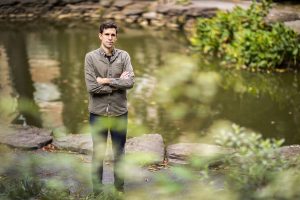
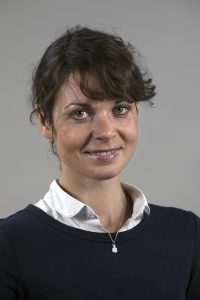
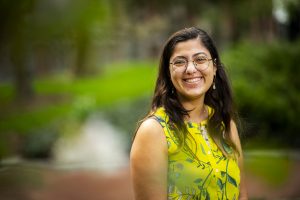

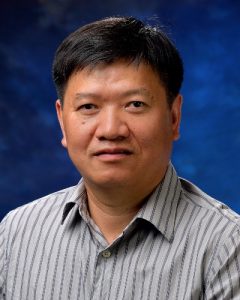
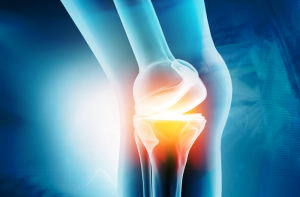 New research from
New research from 